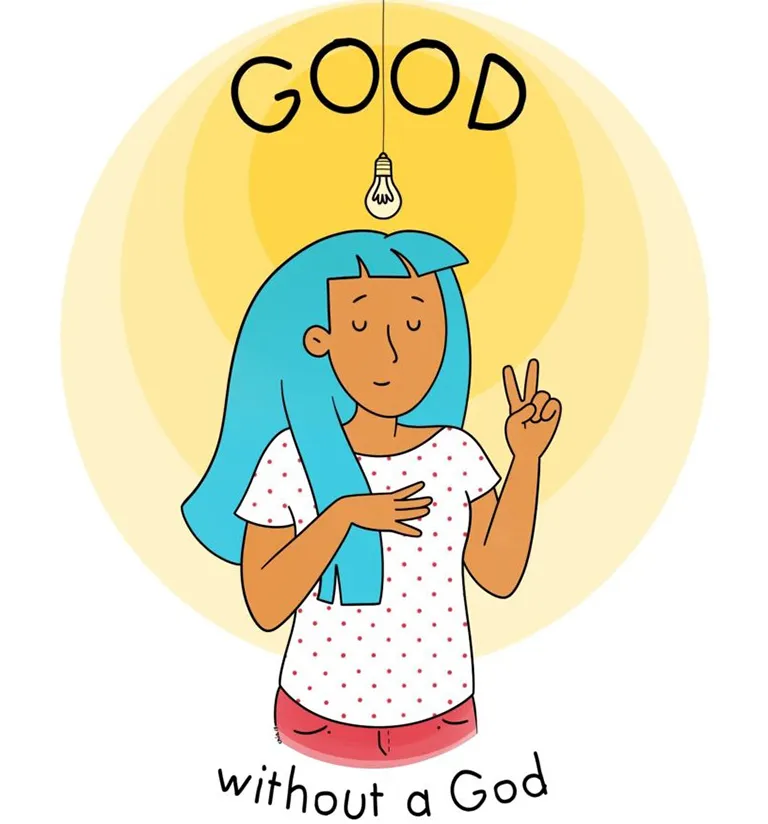William Christofides explores the question, does Atheism provide an adequate basis for morality?
In his book on Humanism, Jim Herrick writes: ‘For humanists, morality is a human construct underpinned by our biological development’.1
To say morality is a human construct is to say that it has no objective value. To be objective a thing must, by definition, be independent of human thought. For instance, the planet Jupiter is objective as it continues to exist whether humanity recognises it nor not, as are the stars and the cosmos. By Herrick’s definition, right and wrong do not ultimately exist, as they are simply what a society collectively decides is acceptable or not. For instance: rape, murder, torture, lying, slavery, and genocide appear wrong to us; but that is only because we decided it. If a society decided these things were acceptable, there would be no objective standard to refute them. Since morality is a human construct, different groups of humans can decide for themselves what is right and wrong. In some societies, human sacrifice is acceptable. If morality is a human construct, who are we to criticise their ideas?





